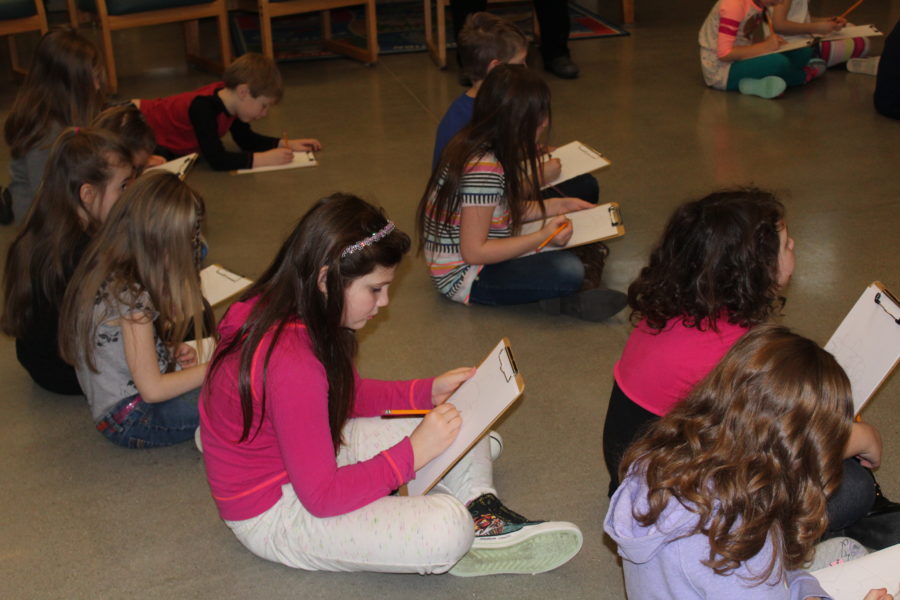
As a writer, I fail. A lot. Since January, I’ve submitted 116 times and gotten 69 rejections. But I’ve also gotten five acceptances, including winning Noir Nation’s Golden Fedora fiction prize, told extremely personal and difficult stories in HuffPost and OC87 Recovery Diaries, and got an Honorable Mention from Glimmer Train. In short, I’m doing just fine, and it’s because I’m not afraid to fail (anymore). This wasn’t always the case. In my first year of college, I applied to work on the literary magazine and got rejected. I also submitted poems to the annual Poetry Festival, the largest free literary festival in New York, and was rejected from that, too. Instead of trying again the next year, I took these failures as a sign I wasn’t good enough, that I never would be, and to not try again. Looking back, I can now see how ridiculous this was, that almost nobody got into these venues their first year, and that I should have been persistent and tried again.
Kim Lao’s essay on “Why You Should Aim for 100 Rejections a Year” notes the importance of continuing to try in the face of failure. It’s hard work to get back up after a rejection and try again. The fear of failure is always looming, but if just trying becomes your goal, then failing is much harder. I go back to my MFA commencement, at which speaker/author Garth Greenwell said, “The only form of failure that matters is not writing,” meaning the only way to truly fail is not to try.
When there’s so much pressure to succeed – even excel – is there room for failure? What do we teach kids about the importance of failure? How do we help them dust themselves off and keep trying?
In “How to Help Kids Learn to Fail,” published by The Child Mind Institute, Beth Arky writes, “Not learning to tolerate failure leaves kids vulnerable to anxiety. It leads to meltdowns when the inevitable failure does occur, whether it happens in preschool or college. And perhaps even more important, it can make kids give up trying—or trying new things.”
J.K Rowling said in her 2008 Harvard commencement address, titled “The Fringe Benefits of Failure, and the Importance of Imagination,” “It is impossible to live without failing at something, unless you live so cautiously that you might as well not have lived at all – in which case, you fail by default.” One of the most celebrated authors of all time, Rowling is well-known to have struggled as a writer for years before reaching phenomenal success. In her speech, she talks about how eliminating the fear of failure allowed her to strive for more than she ever imagined.
Risking failure is the only way to improve at something. It’s also an important teacher. As Thomas Edison once said, “I haven’t failed 10,000 times. I’ve just found 10,000 ways that won’t work.” What if he’d never tried?But, especially for kids without a lot of experience under their belts, failure can be disheartening, proof they’re not good enough and never will be. It’s important to emphasize that failure is part of the learning process, and if you don’t try and risk failing, you won’t get better. Try to turn failures into teaching moments, asking what was learned, what can be improved. It’s also important to remind them of the many failures successful people had to endure to reach their goals.
So, I still fail all the time, but I keep trying, am encouraged by small successes, and move forward. It’s made me a stronger, more resilient person. So keep on failing! You’ll get better.




Love this!